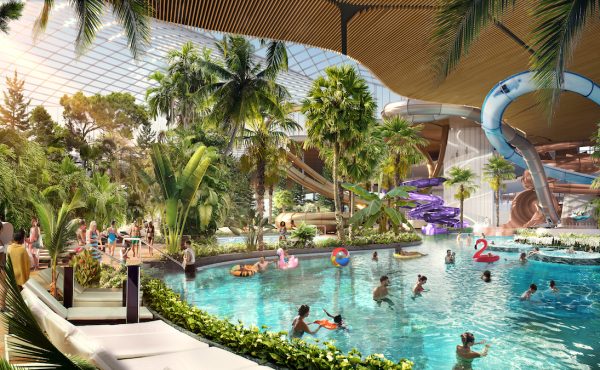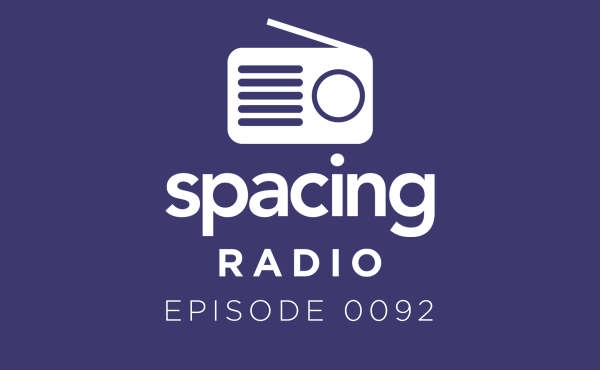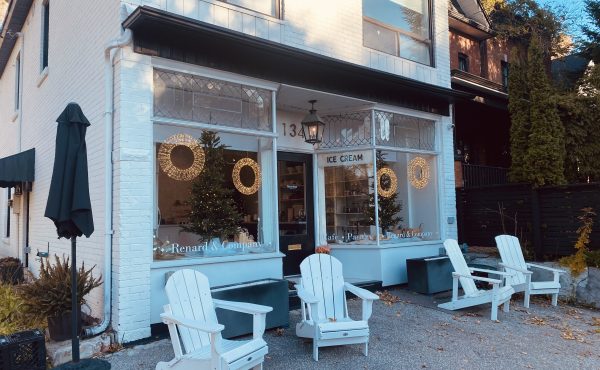
If one follows the logic of this week’s casino rhetoric to its logical conclusion, it seems probable that the ballot question in 2014 will be this: Should Toronto have a casino on the waterfront?
I’d put money on it.
The brothers Ford desperately want the 2014 election to be about that most reliable of motherhood issues, subways. But finance minister Dwight (“Golden Mile”) Duncan and Ontario Lottery and Gaming Corp. chairman Paul Godfrey may have unleashed a willing-host process that could dramatically alter the race – in effect, setting in motion a dynamic that could favour a challenger who figures out how to conflate a referendum on casinos with a referendum on the incumbent.
Consider the emerging architecture of this issue: The province is determined to build a casino in the Greater Toronto. But as Duncan told The Globe and Mail in April, “We will work with those who want to work with us. We certainly won’t impose anything on anybody [italics added].”
While Godfrey has warned that the OLGC would choose Mississauga or some other exotic suburban locale if Toronto didn’t get its act together quickly, one casino official who appeared at executive committee Monday quickly put the lie to that particular threat. As MGM Grand and Gerry Schwartz and all the other, uh, gamers have said in no uncertain terms, a Toronto waterfront site is the proverbial jackpot.
In other words, the deep-pocketed suitors are saying to the province, don’t fold just yet.
The executive committee Monday sent the casino file off to staff for a major bureaucratic work-up, but the political reality is that Adam Vaughan has already made it abundantly clear that council must base its ultimate decision on the results of a referendum.
While Ford smacked his lips and made yummy noises during the casino flacks’ presentations this week, and has also claimed previously that such projects create economic activity, he’s on record as saying that he believes the decision should be subject to a referendum (indeed, he wants both casinos and subways on the ballot).
The casino proposal, I’d say, is nothing short of manna from heaven for the centre-left, which may be why Ford allies like Michael Thompson and Giorgio Mammoliti have half-heartedly shilled for a mid-term plebiscite.
Until now, the centre-left was facing the surprisingly unhappy prospect of waging a battle against the ultimate Teflon candidate. Nothing seems to stick to Ford, for reasons that surpass understanding, and he’s still oddly credible to voters who feel that the city spends too much and needs more subways. And, his administration stared down the public service unions, which, I suspect, quietly gladdens the hearts of even some of those who publicly profess to despise the man.
In the pre-casino calculus, Ford gets to wage a culture war. He would have little difficulty painting an elitist, downtown box around Vaughan. And he could just as readily depict Shelley Carroll as a suburban turncoat – a despicable David Miller accomplice who really hasn’t got the jam to live north of the 401.
But with the casino on the table, everything changes. Suddenly, the centre-left has all the key ingredients to paint the mayor into a corner: corporate villains (the casino operators, with their smooth promises and endless supply of euphemisms), political villains (the Liberals, marinating in their own hypocrisy), backroom deals, and the always-reliable invocation of Toronto’s long lost goodness – a message that resonates as loudly in central Etobicoke as it does in Moore Park.
Vaughan has cited the 1997 casino referendum as evidence of the public’s sentiment – more than 70% of the voters rejected the idea – and claims those results still hold. I don’t agree: Toronto is not the same place it was 15 years ago, so another vote is in order. But I think he knows in his gut that the prospect of a multi-billion, den of iniquity by the lake gets old progressive conservative Toronto up on its hind legs and barking. Nor is the opposition to a casino easily dismissed as a “downtown” phenomenon. That kind of framing just won’t make sense.
All that said, it seems to me that an anti-casino challenger needs to move beyond the easy and familiar objections. Take the addiction issue: I understand that gambling addiction is real and calamitous to those involved. But there are lots of Torontonians who have visited Casino Rama, played local slots or dropped some cash on the tables during a business convention in Vegas, and have done so without ruining their lives. What’s more, alcoholism is also a terrible addiction, but we don’t genuflect about bars, dolled up LCBO outlets and other purveyors of the drink.
Then there’s the spectre of previous waterfront boondoggles, such as Skydome (another Liberal extravaganza). Yes, provincial taxpayers got hosed, twice. Yes, a bunch of business people made off like bandits. But I’d venture to say that most Torontonians circa 2012 are glad that the Skydome (a) exists; and (b) is where it is. So that analogy isn’t persuasive.
Mainly, it will be incumbent on the anti-casino candidate to be for something else: propositional politics, of the sort that Jack Layton used to practice. Here, the lesson of David Miller and the 2003 island airport bridge controversy is instructive. By vigorously demonizing Robert Deluce and his plan to fly turboprops out of the island, Miller unwittingly gave Porter more free advertising than he could ever have paid for. And while the airport has made the island noisier, it hasn’t stopped thousands of people from becoming new lakeside condo owners.
So if Vaughan (or another centre-left challenger) manages to steer council towards a 2014 casino referendum, as seems increasingly likely, he’s got to make damn sure his rhetoric – which has a tendency to list heavily in the direction of sanctimoniousness – doesn’t whet the appetites of all those not-so-good Torontonians who may be less than alarmed by the prospect of a mega-casino.
The right answer, I suspect, will involve painting the mayor as someone willing to gamble the future of the city and its waterfront. After all, what could be a surer strategy than an emotional appeal to the risk-averse NIMBY in all of us?





One comment
Your mention of the Skydome reminded me of Godfrey’s involvement with both its construction and its eventual sale..
Excerpted from wikipedia:
In 1984 he was appointed to the board of a new crown agency called the Stadium Corporation of Ontario… Its mandate was to choose the location and design for a new domed stadium that would eventually become the SkyDome. Godfrey stayed on the board until February 1989 when he resigned. Godfrey remained on the board of directors of the Stadium Corporation, a separate entity, until 1998 when he resigned shortly before the SkyDome filed for bankruptcy.
In 2000, Godfrey became president and CEO of the Toronto Blue Jays baseball club.
In 2004, the Blue Jays purchased SkyDome for a paltry $25 million, far below its original construction cost of $600 million.
https://en.wikipedia.org/wiki/Paul_Godfrey#SkyDome
He certainly does seem to have the best interests of the taxpayer at heart.